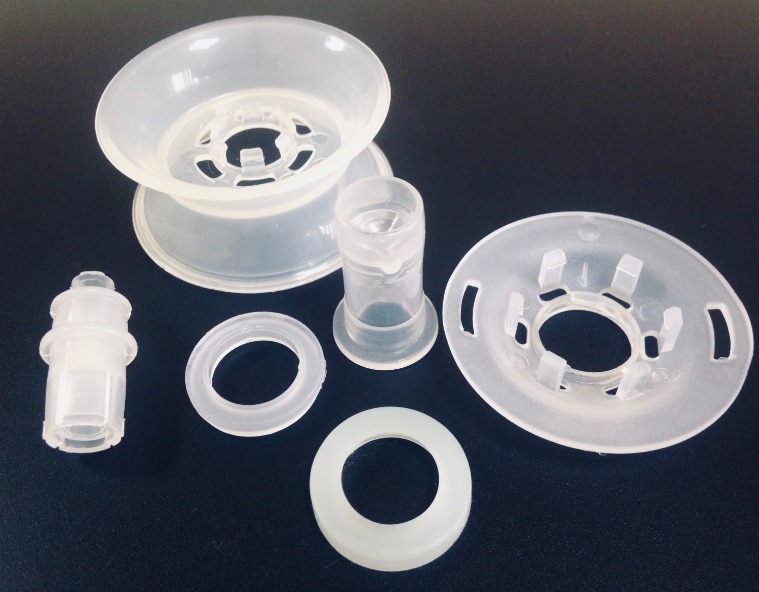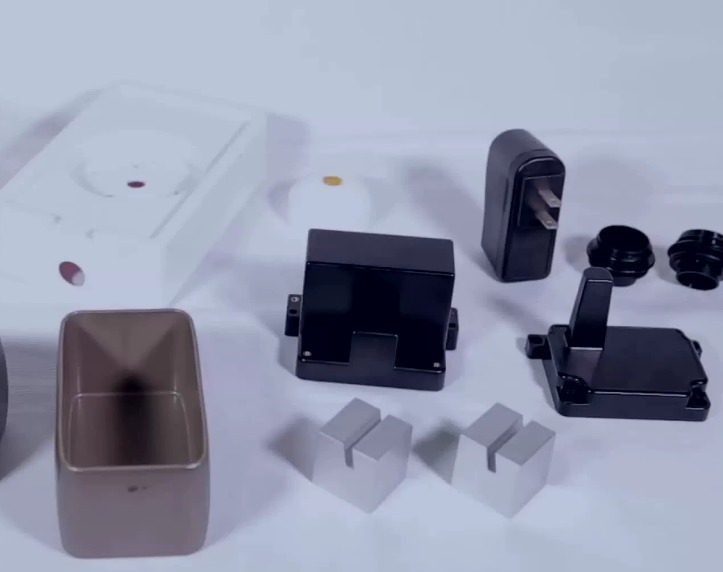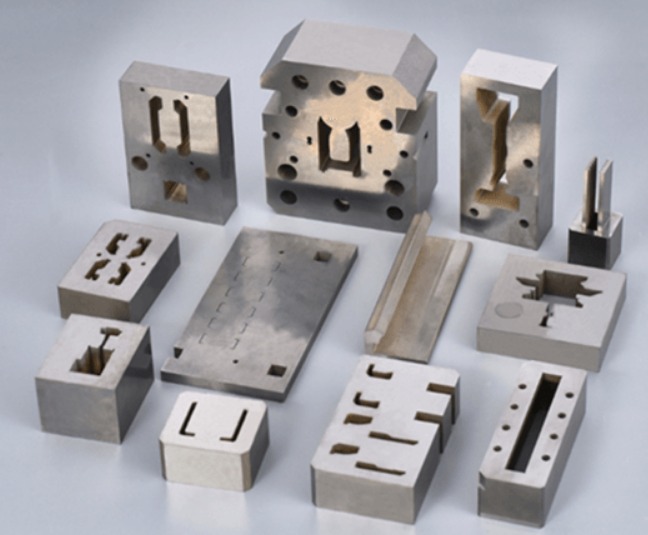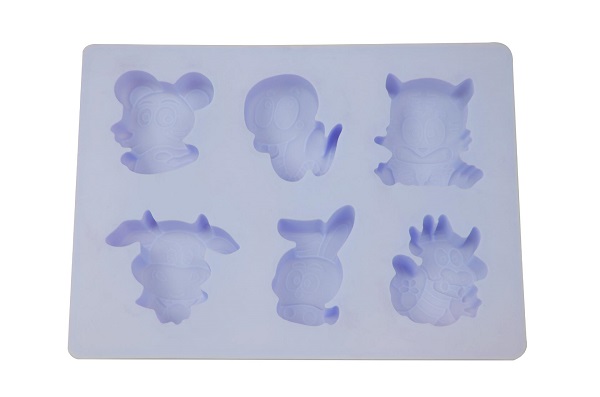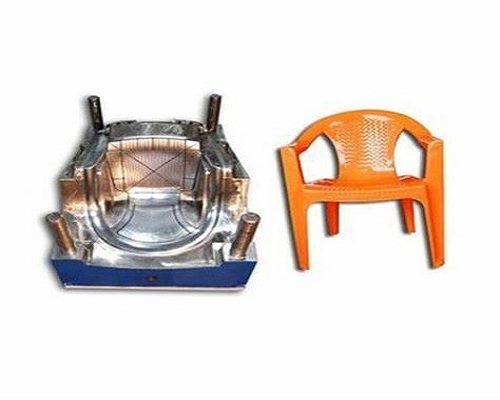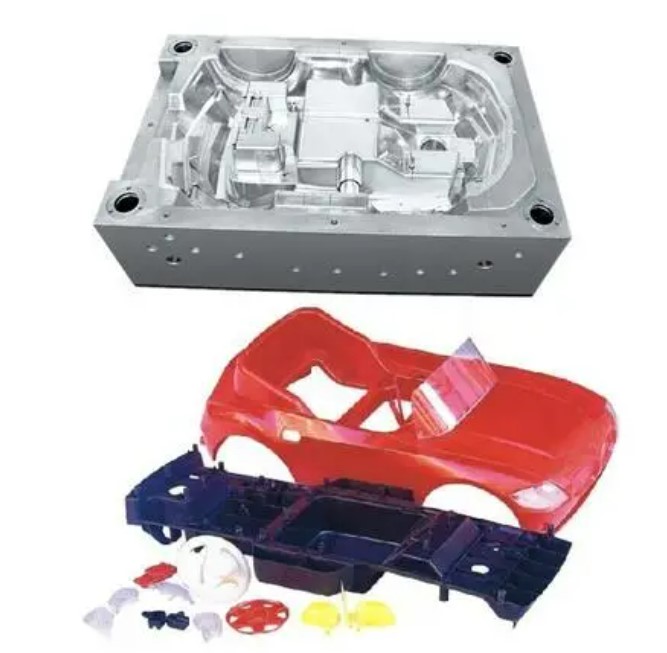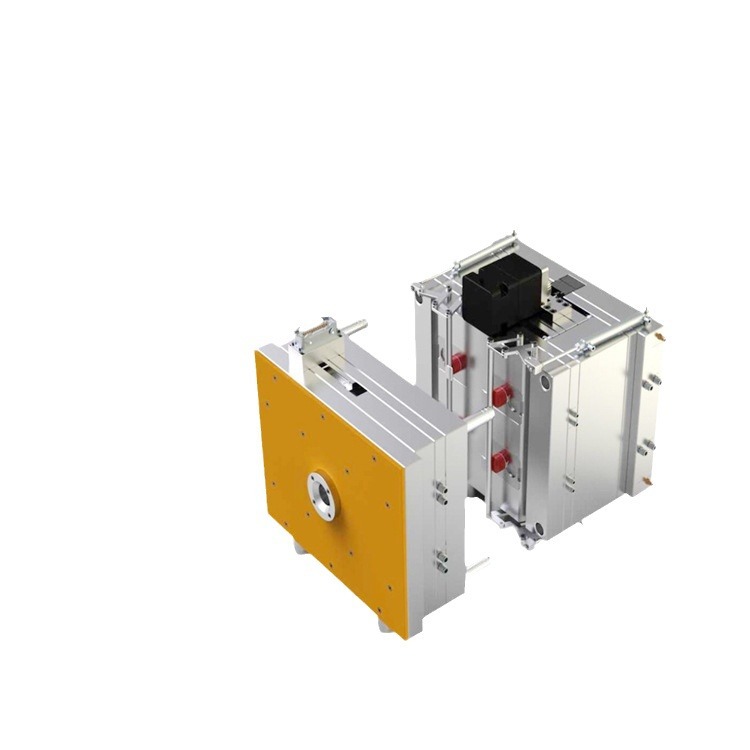1. Introduction
1.1 The Significance of Injection Molded Plastic Parts
Injection molded plastic parts have become the cornerstone of modern manufacturing across a vast array of industries. Their versatility, cost - effectiveness, and high - precision production capabilities make them indispensable.
In the automotive industry, for example, injection molded plastic parts are used in everything from interior components like dashboards, door panels, and seat trims to exterior parts such as bumpers, grilles, and fenders. In 2023, the automotive industry accounted for approximately 30% of the global demand for injection molded plastic parts. These parts not only reduce the vehicle's weight, thereby improving fuel efficiency, but also provide excellent design flexibility, allowing for the creation of complex shapes and aerodynamic designs.
The electronics industry is another major consumer. With the miniaturization and high - tech development of electronic devices, injection molded plastic parts are crucial for manufacturing components like smartphone cases, computer housings, and circuit board enclosures. Their insulating properties, lightweight nature, and ability to be produced with tight tolerances are highly valued. In 2022, the electronics sector contributed around 25% to the consumption of injection molded plastic parts.
Medical devices also rely heavily on injection molded plastic parts. Components in syringes, catheters, and diagnostic equipment are often made through injection molding. The ability to produce sterile, biocompatible, and high - precision parts is essential in this industry.
Given the wide - spread use and importance of injection molded plastic parts, choosing the best injection molded plastic parts manufacturers is of utmost significance. A reliable manufacturer can ensure high - quality parts, on - time delivery, cost - effective production, and continuous innovation, which are all critical factors for the success of businesses that rely on these parts.
2. Key Factors to Consider
2.1 Experience and Expertise
2.1.1 Years in the Industry
When evaluating injection molded plastic parts manufacturers, the number of years they have been in the industry is a significant indicator. According to industry research, manufacturers with over 10 years of experience are more likely to have encountered and successfully resolved a wide range of complex production issues. For instance, a manufacturer with long - standing experience is more likely to have dealt with projects involving intricate part geometries. They would have the know - how to design molds and adjust injection parameters to ensure the successful production of parts with undercuts, thin walls, or complex internal structures.
A study of 100 injection molding companies showed that those with more than 15 years of operation were 30% more likely to complete complex projects on time compared to those with less than 5 years of experience. This is because they have built up a wealth of knowledge about different plastic materials, mold - making techniques, and production processes over the years.
2.1.2 Industry Specializations
Different industries have unique requirements for injection molded plastic parts. In the medical industry, for example, parts must meet strict biocompatibility standards. Medical - grade plastics such as polypropylene (PP) and polyethylene (PE) are often used, and the manufacturing process needs to be carried out in a cleanroom environment to prevent contamination. A manufacturer experienced in the medical industry will be familiar with regulatory requirements like ISO 13485, which is specifically for medical device quality management systems.
In the aerospace industry, parts need to be lightweight yet have high strength and heat resistance. Materials like carbon - fiber - reinforced plastics are commonly used. A manufacturer with aerospace experience will understand the importance of precise material formulation and quality control to meet the stringent safety and performance standards of this industry. Therefore, choosing a manufacturer with experience in your specific industry can significantly increase the likelihood of getting high - quality parts that meet your industry's unique standards.
2.2 Quality Assurance
2.2.1 Certifications
Certifications are a clear indication of a manufacturer's commitment to quality. One of the most well - known certifications in the manufacturing industry is the ISO 9001 standard. This certification demonstrates that a company has established an effective quality management system. It covers all aspects of the production process, from the procurement of raw materials to the delivery of the final product. A manufacturer with ISO 9001 certification has proven that it can consistently provide products that meet customer and regulatory requirements.
For injection molded plastic parts, other relevant certifications may include ISO 14001 for environmental management, which is important as it shows the manufacturer's efforts in reducing waste and environmental impact during production. Additionally, some manufacturers may have certifications specific to certain industries, such as the aforementioned ISO 13485 for medical applications.
2.2.2 Quality Control Processes
A reliable manufacturer will have a comprehensive quality control process in place. This process typically starts with the inspection of raw materials. Before any plastic pellets are used in the injection molding process, they are checked for their physical properties, such as melt flow index, density, and color consistency. Any batch of raw materials that does not meet the specified standards is rejected.
During the injection molding process, in - line quality checks are carried out. This includes monitoring the injection pressure, temperature, and cycle time. Samples of the molded parts are regularly taken and inspected for dimensional accuracy using precision measuring tools like coordinate measuring machines (CMMs). The parts are also examined for surface quality, looking for defects such as flash, sink marks, or warping.
After the parts are produced, a final inspection is conducted. This may involve a more in - depth performance test, especially for parts with specific functional requirements. For example, parts that are meant to withstand mechanical stress will be subjected to tensile or compression tests. Only parts that pass all these quality control steps are considered suitable for shipment.
2.3 Production Capabilities
2.3.1 Equipment and Technology
Advanced equipment and technology play a crucial role in the production of injection molded plastic parts. High - speed injection machines can significantly increase production efficiency. For example, some modern injection machines can complete a cycle in as little as 3 - 5 seconds, compared to older models that may take 10 - 15 seconds. This not only boosts the output but also reduces production costs per unit.
Precision mold - making technology is another key factor. With the development of computer - aided design (CAD) and computer - aided manufacturing (CAM), molds can be designed and produced with extremely high precision. The use of electrical discharge machining (EDM) and high - speed milling in mold - making allows for the creation of complex mold cavities with tight tolerances. This, in turn, enables the production of plastic parts with high dimensional accuracy, often within ±0.01 - ±0.1mm.
2.3.2 Production Capacity
The production capacity of injection molded plastic parts manufacturers can vary greatly. Here is a simple comparison table to help you understand different levels of production capacity:
| Manufacturer Size | Monthly Production Capacity (Units) | Suitable for |
| Small - scale | 10,000 - 50,000 | Small - batch production, prototyping, or products with low - volume demand |
| Medium - scale | 50,000 - 200,000 | Medium - volume production for small to medium - sized businesses, or products with moderate market demand |
| Large - scale | Over 200,000 | High - volume production for large corporations, mass - market products, or long - term contracts |
When choosing a manufacturer, it is essential to match your production requirements with the manufacturer's capacity. If you need a large number of parts in a short time, a large - scale manufacturer with high production capacity will be more suitable. On the other hand, if you are in the prototype stage or have a small - volume order, a small - scale manufacturer may be a better fit.
2.4 Cost - effectiveness
2.4.1 Price Structure
The price of injection molded plastic parts is influenced by several factors. The cost of raw materials is a major component. Different types of plastics have different price ranges. For example, engineering plastics like polycarbonate (PC) and acrylonitrile - butadiene - styrene (ABS) are generally more expensive than commodity plastics such as polyethylene (PE) and polypropylene (PP).
Mold costs also contribute significantly to the overall price. The complexity of the mold design, the materials used in mold - making, and the number of cavities in the mold all affect the mold cost. A mold with a complex shape and multiple cavities will be more expensive to produce.
The size of the production batch is another crucial factor. Generally, the larger the batch size, the lower the unit cost. This is because the fixed costs, such as mold costs and setup costs, are spread over a larger number of parts.
2.4.2 Value for Money
While price is an important consideration, it should not be the sole determining factor. A lower - priced manufacturer may seem attractive at first glance, but if the quality of their products is substandard, it can lead to higher costs in the long run. For example, low - quality parts may require more frequent replacements, result in production delays due to part failures, or lead to customer dissatisfaction and loss of business.
Therefore, it is important to consider the overall value for money. A higher - priced manufacturer that offers better quality products, reliable delivery times, and excellent customer service may actually be more cost - effective in the long term. You should weigh the cost against factors such as quality, production lead time, and after - sales support when making a decision.
2.5 Customer Service and Communication
2.5.1 Responsiveness
Responsive customer service is vital in the injection molding process. For example, if you have an urgent order or need to make changes to the design of the plastic parts during the production process, a manufacturer that responds promptly can help keep the project on track. A study found that projects with manufacturers that responded to customer inquiries within 24 hours were 40% more likely to be completed on time compared to those with slower - responding manufacturers.
Quick response times also enable better communication about any potential issues that may arise during production, such as material shortages or equipment malfunctions. This allows both parties to work together to find solutions and minimize disruptions.
2.5.2 After - sales Support
After - sales support is another important aspect of choosing a manufacturer. Common after - sales issues may include defective parts, incorrect part dimensions, or questions about product usage. A good manufacturer should offer solutions such as replacing defective parts free of charge within a certain period, providing re - engineering services to correct part dimensions, and offering technical advice on how to use the parts properly.
They should also have a clear process for handling customer complaints. This includes a dedicated customer service team to receive complaints, a system for investigating the root cause of the problem, and a commitment to providing timely solutions to ensure customer satisfaction.
3. Yigu Technology's Perspective
As a non - standard plastic metal products custom supplier, Yigu Technology understands the importance of choosing the right injection molded plastic parts manufacturers. We place great emphasis on three key aspects: technological innovation, quality control, and understanding customer needs.
In terms of technological innovation, we believe that a forward - looking manufacturer should always be at the forefront of adopting new technologies. This not only improves production efficiency but also enables the production of more complex and high - quality parts. For example, the use of advanced CAD/CAM technology in mold design can significantly reduce the development cycle and improve mold precision.
Quality control is the lifeblood of any manufacturing process. Yigu Technology advocates for strict quality control measures from raw material inspection to the final product inspection. By ensuring that every part leaving the factory meets high - quality standards, we can build long - term trust with customers.
Understanding customer needs is also crucial. We believe that a good injection molded plastic parts manufacturer should be able to provide customized services to meet the diverse needs of different customers. Whether it's a small - scale prototype or a large - scale production order, being able to adapt to customer requirements is essential.
